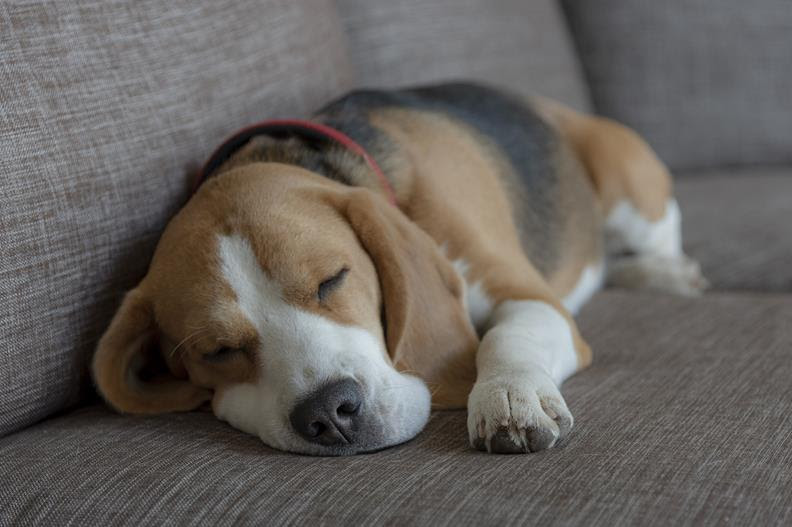Optimizing Sleep

Many of my patients are seeking help with improving their sleep. Sleep is so important for so many reasons. Sleep helps the brain detoxify through what is called the Glymphatic system. This may play a roll in preventing neurodegenerative diseases such as Alzheimer’s disease. Sleep also helps restore the immune system and is essential for regulating blood sugars and our stress response. I always emphasize the importance of banking as much sleep before midnight as possible as you can’t make up for it on the other side. 10pm is often an ideal time to konk out.
I’m finding most teenage kids in my practice are up until at least midnight these days with many pushing into 1 or 2am each night. I don’t recall this being common practice when I was a teenager. Perhaps on the weekends but certainly not during the school week. Even just a few hours of lost sleep has been shown to create temporary cognitive and physiological effects similar as being under the influence of alcohol. Being awake for 17 hours has been shown to be similar as having a blood alcohol level of .05%.
Basic sleep hygiene practices include reducing blue light exposure before bed by either avoiding devices, wearing blue light blocking glasses before bed, or at least changing the settings on your devices to reduce blue light. Get your room as dark as possible and keep electrical devices away from the bed. I also suggest shutting off your wifi before bed. Getting direct sun exposure soon after waking to help reset your circadian rhythm is important.
I often recommend a 5 minute mediation right before sleep to shift the brain out of “doing mode” and to help quieten the mental momentum of the day. Otherwise, the mental energy of the day can carry into your sleep and then you wake up and do it all over again. Other helpful factors are ensuring your room isn’t too hot, using weighted blankets, and considering low thread count sheets and wool pillows and duvets for breathability and temperature regulation.
Avoiding alcohol is important and most people find their sleep improves as soon as they cut out coffee. Yes, even your one a day in the morning can impact your sleep that night. Did you know that if you have a cup of coffee at 8am,by midnight you may still have 25% of that caffeine still in your system?
Beneficial Sleep Supplements
Most people are aware of melatonin to help sleep. I find this useful for some but in general I prefer to balance the underlying reasons people aren’t sleeping. This is often due to blood sugar imbalances which can cause adrenaline to spike in the night causing you to “ping” awake. Other factors can be related to imbalances in calcium and magnesium, or in nutrients that help your body produce melatonin naturally. Essential oils can be quite helpful for some. Sedative herbs such as valerian, hops, California poppy and others can help but don’t address the underlying issues.

